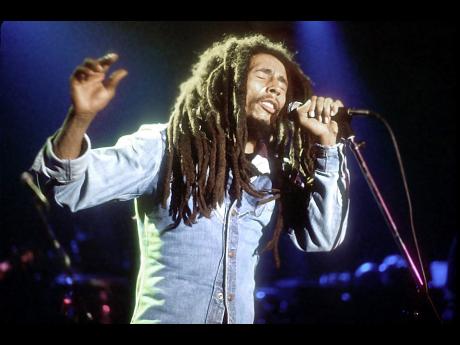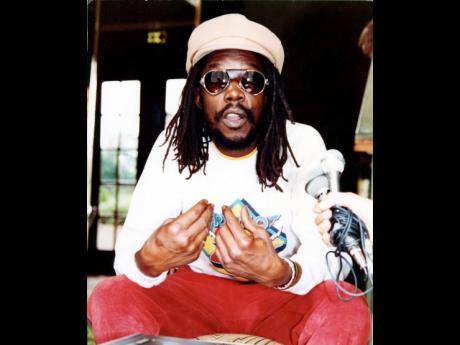Entertainers urged to plan for digital afterlife
The music of deceased entertainers should maintain a presence on social media to keep their contributors to Jamaica's culture trending. This is according to Grammy-nominated producer Cristy Barber, and Cordel Green, executive director of the Broadcasting Commission.
Instagram accounts of dancehall/reggae entertainers continue to attract a large following, with posts reminding individuals of their popular songs, albums, and birthdays, as well as the anniversary dates of their deaths. To name a few, Bob Marley, Dennis Brown, Peter Tosh and Sugar Minott have active pages - Marley, not surprisingly, leads with 70 million followers on Facebook and 3.8 million on Instagram.
According to Barber, digital platforms act as a source of education for future generations to discover the history of the genre.
"Especially as it relates to reggae music, which is an important genre and probably the most popular music worldwide, it is due diligence of the estate managers and families to keep icons like Bob Marley, Dennis Brown, Gregory Isaacs, and all those that fall in that category alive."
She noted that for a lot of deceased entertainers, the persons left in charge of managing their estate need to recognise that "these singers and musicians still have legacies that artistes of the day work hard to achieve, and it is imperative to continue that through the popular mediums that the younger generations are attracted to - that is the Internet".
Green told The Gleaner, "The management associated with the artistes must be able to effectively exploit all the opportunities that exist in order to manage the online business of the entertainers, whether while they are alive or deceased."
Often not discussed
The reality is, digital afterlife and online assets are central to estate planning for entertainers, but it is often not discussed or included as the focus is more on the tangible and financially stable property.
Green says local entertainers should be thinking of ways to create a rich body of work that can be viewed by future generations and that can continue to increase in value.
"Given the opportunity received through Internet, entertainers can envisage their music being sustained beyond a physical lifetime, or start to think, 'How can I let the art form be sustainable for years to come?'" he said.
He added, "It then means that the potential to earn is nearly infinite as you now will have all these technologies to perpetuate the artistes while living and after they have transitioned. It is then that it becomes important to estate planning," he added.
There have been international organisations, such as Dead Social, that have provided online tutorials and resources to educate people about creating a 'social media will' outlining what needs to be done with their social media, email accounts, and other digital assets that may not have been included in one's original last will and testament.
It might be a sensitive topic to discuss, but Green says, "It may make sense for living artistes to consider in their estate planning not just how physical or financial assets will be distributed, but how they would like to see their digital afterlife managed or marketed."
The next hurdle that estate managers will have to overcome (if entertainers actually recognise the importance of a social media will) is determining the value of the digital assets and what it means to maintain a social media presence for the deceased and their beneficiaries.




